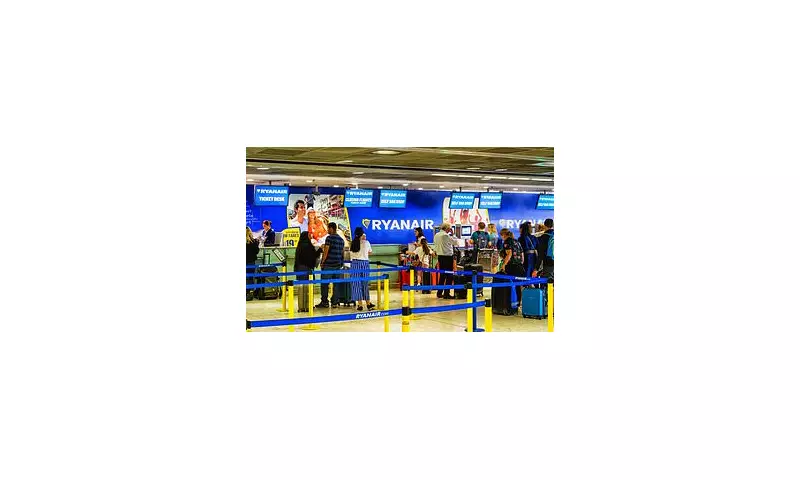
In a startling new policy shift, budget airline giant Ryanair is directly advising frustrated passengers to take their flight delay grievances straight to the top—by emailing the UK government.
The controversial move, detailed in communications to affected travellers, effectively outsources the responsibility for compensation claims and places it squarely on the desks of government officials and the Civil Aviation Authority (CAA).
The New Passenger Playbook
Gone are the days of solely navigating an airline's customer service portal. Ryanair's new guidance for passengers hit by disruptions, particularly those caused by air traffic control (ATC) shortages, is remarkably direct: contact the Department for Transport and the UK's aviation regulator.
The airline justifies this by pointing to what it calls 'repeated ATC failures' and 'staffing shortages', framing these issues as governmental and systemic problems beyond its control.
A Line in the Sand for Compensation
This strategy appears to be a calculated effort by Ryanair to draw a firm distinction between delays it deems its responsibility and those it believes are the fault of wider industry and infrastructure failures.
By redirecting passenger ire towards Westminster, the airline is attempting to sidestep the financial liability and administrative burden of processing a high volume of claims it argues are not its fault.
Industry Backlash and Passenger Confusion
The tactic has not gone unnoticed by industry bodies and consumer rights groups. Critics accuse Ryanair of abandoning its customers and creating unnecessary confusion during already stressful travel disruptions.
Passengers are left caught in the middle, unsure of whether to pursue the airline for compensation or to follow its unusual instruction to lobby the government directly.
Regulatory Reaction
The Civil Aviation Authority (CAA) has historically maintained that it is the airline's unequivocal duty to handle compensation claims from its passengers. Ryanair's new email directive directly challenges this established protocol, potentially setting the stage for a regulatory clash.
This development marks a significant escalation in the ongoing tension between airlines seeking to manage costs and regulators tasked with protecting consumer rights.





